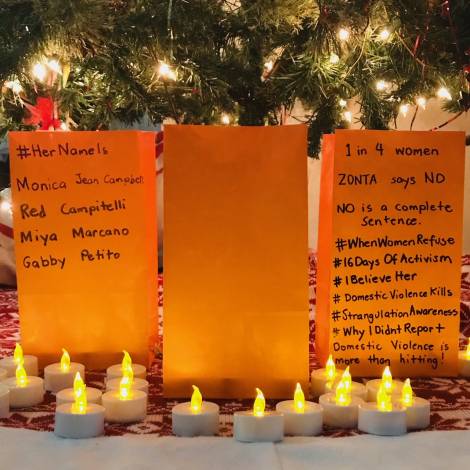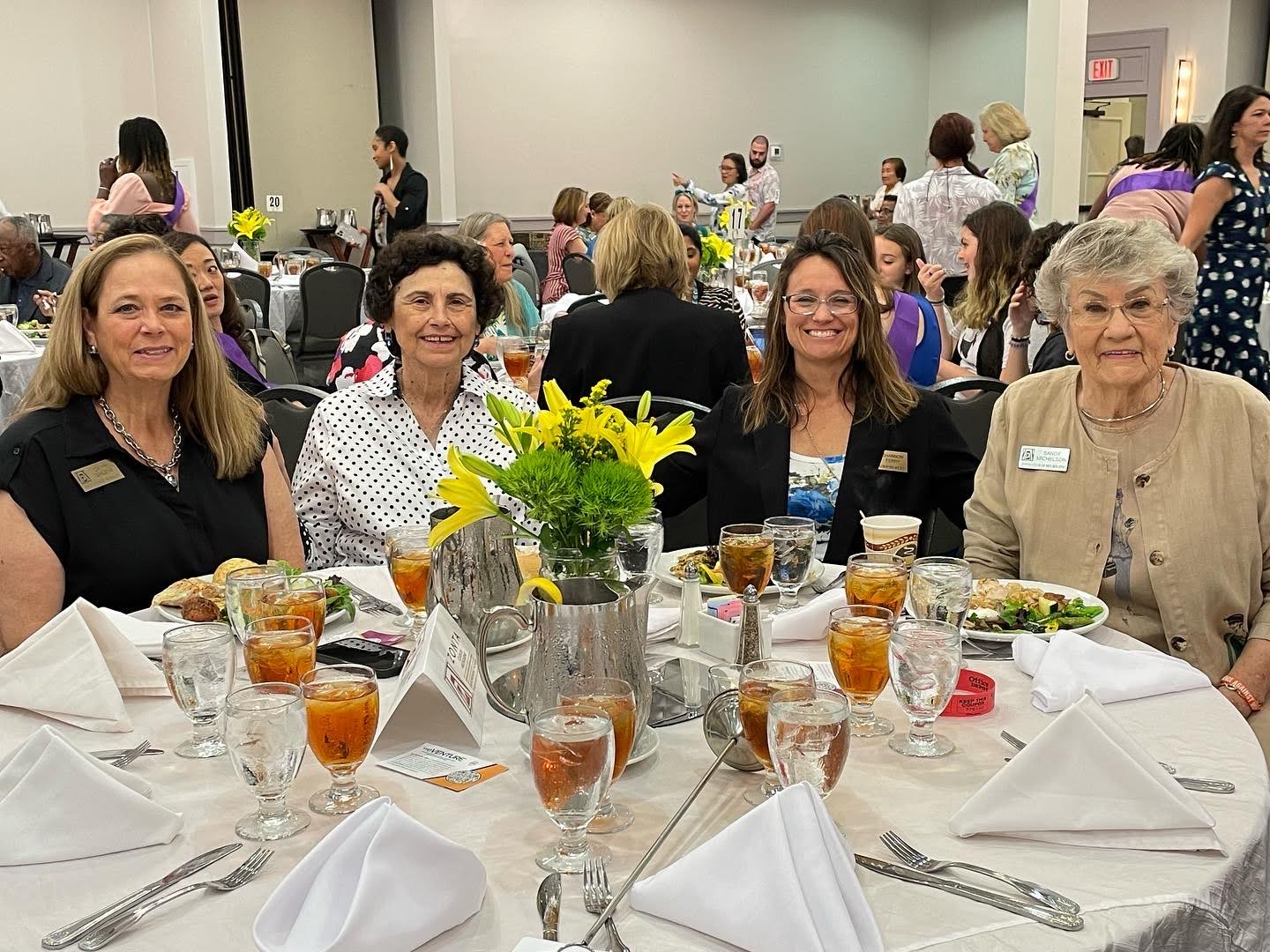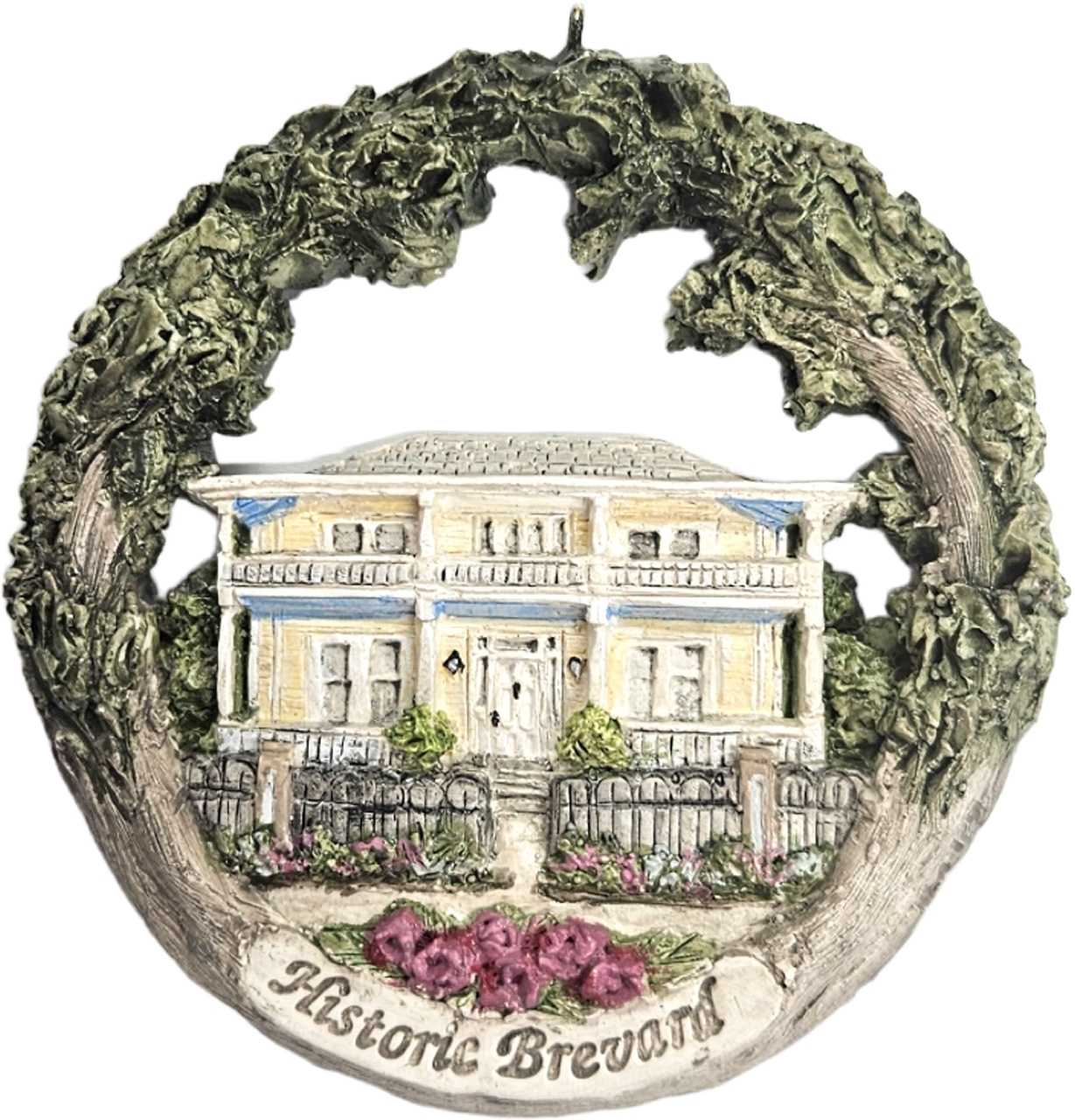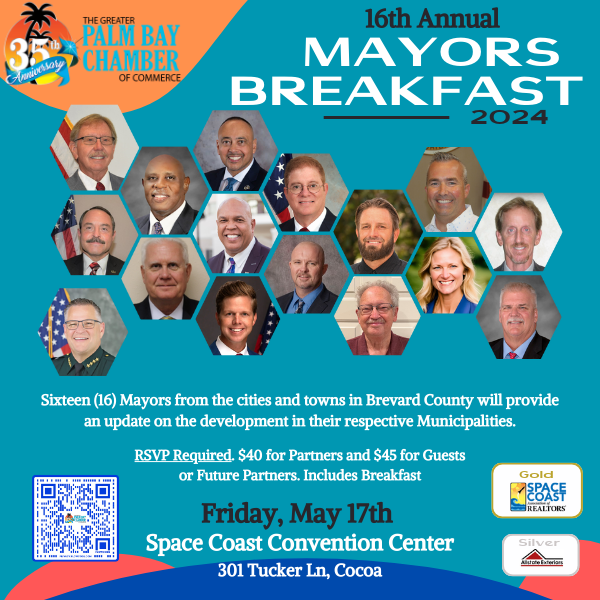Myths & Facts: Zonta Educates to End Human Trafficking

The 2023 film “Sound of Freedom” raises awareness of the horrors and scope of human trafficking, an issue that for years has been front and center for members of Zonta Club of Melbourne.
The plot of “Sound of Freedom” concerns the abduction of two siblings in Honduras. But human trafficking doesn’t just happen in other countries.
“It can happen anywhere, at any time,” said Claire Ellis, Zonta member and former co-chair of the Space Coast Human Trafficking Task Force.
Zonta Club of Melbourne members are original members and the fiduciary for the Task Force. One of the club’s major goals is to dispel the myths that encircle human trafficking and raise awareness of the issue at the local level, as well as on a global scale.
Myth #1: Human trafficking does not happen in Florida.
FACT: Not only is human trafficking common in Florida, but the state ranks third in the nation, only behind California and Texas, in the number of cases, according to reports by the National Human Trafficking Resource Center Hotline. Human Trafficking is not only sex trafficking, but labor trafficking, as well. Florida provides ample opportunities for both. Ellis adds that the Orlando area ranks as third in the state for these crimes.
Changing mindsets has taken years of work by Zonta.
“When we first started with our campaign against human trafficking, nobody thought there was a problem,” Ellis said.
The club sponsored the first two law enforcement training programs on human trafficking in Brevard County. Members have discussed the issue with classes of high school students throughout Central Florida. Zonta Club of Melbourne along with the Task Force, arranged training regarding human trafficking awareness for medical staff at Rockledge Regional Medical Center and Health First Medical Group. Zonta also provided training to the Brevard County Pharmacy Association, and has spoken to the Brevard County Tourism Council and the Florida Restaurant and Lodging Association.
The club took an active role in Task Force-led symposiums sponsored by Congressman Bill Posey, who has agreed to sponsor an upcoming symposium in January during National Human Trafficking Awareness Month. Date and details will be available on the Zonta website soon.
Zonta additionally received state recognition for training it provided to Courtyard Marriott employees in West Melbourne and Cocoa Beach regarding signs and awareness of human trafficking. Marriott hotels were the first hotel chain to support the Global Campaign to stop human trafficking. Just this year, Marriott hotels restricted access to children sexual abuse materials on the internet in the hotels.
In a recent human trafficking case, two girls were rescued from a hotel after staff recognized what was happening and called 911.
“We are very honored to have our training for hotel employees selected by the State of Florida to be added as a choice for mandatory yearly training for hotel employees regarding signs of human trafficking,” Ellis said.
According to information provided by Zonta in partnership with the Task Force, trafficking is the second largest criminal activity — a low-risk, high-profit activity that exploits people of all races and genders through modern-day slavery that includes forced labor and commercial sexual exploitation. Half of all victims in Florida are minors, some as young as 9 years old.
Myth #2: Most victims are kidnapped by unknown perpetrators.
FACT: 31% of traffickers are family members. The majority of cases do not involve dramatic kidnapping scenarios, but rather occur through an insidious grooming process where the trafficker gains the trust of the victim.
“Human trafficking isn’t about grabbing people off the streets,” Ellis said. “Traffickers are known to victims. Many times, they’re family, friends, people they have trusted. The average age of victims is 11 to 13.
“If a child says they are uncomfortable around an adult, please listen.”
For teens, it may begin through “friends” gathered in social media sites.
“These sites are not what they think they are and the people are not who they think they are,” Ellis said.
An online “relationship” escalates when the trafficker encourages the young person to send compromising photos, which are then used as leverage to force the individual to acquiesce under threats of making the photos available to the rest of the world.
To help individuals regain control in these dangerous situations, the National Center for Missing & Exploited Children has launched Take It Down, a platform that helps anyone remove nude or sexually explicit images taken when they were under the age of 18. Without sharing personal information, users can submit a report to have the photos removed at no cost.
“They have been able to take down thousands of pictures,” Ellis said.
During presentations to school groups, students will groan when Ellis suggests they share their passwords with parents or guardians, but she doubles down on the recommendation, which would allow adult family members to provide valuable information to law enforcement authorities.
“Your parents should have the passwords so they can get into your phone or computer if the need arises,” she said. “It’s a question of trust. Families need to be very cautious, because so much of this starts with the internet.”
Myth #3: Victims can run away from the trafficker.
FACT: The trafficker holds total control of the victim. Victims are also often too terrified of the trafficker to report the crime, and they are also afraid of law enforcement. Traffickers provide drugs to victims to make it easier to control them.
Particularly vulnerable to trafficking are runaways or individuals with addiction issues or individuals who have lived in an abusive home environment. Since traffickers provide victims with basic needs, the victims may feel there is no other way out.
Myth #4: Once rescued, victims will be okay.
FACT: A system of support must exist to help survivors.
“If the system isn’t strong, victims feel there is no hope,” said Cindy Mitchell, director of the Salvation Army Domestic Violence Program in Cocoa. “It’s a complicated crime.”
Domestic violence and human trafficking do intersect. Traffickers may live with the victims and manipulate them through fear.
“It’s a case of, ‘If you don’t do this, something bad is going to happen to you,’” Mitchell said.
The control rests on economic or physical intimidation, release of compromising photos or threats against the safety of other loved ones.
Nonprofits such as the Salvation Army, together with the Brevard County Sheriff’s Office, have worked to create the support network that includes accountability for the trafficker and the mental health and life skills services victims will need to return to a stable life, as well as community awareness of the problem.
“It’s all about community,” Mitchell said. “It takes a coordinated, collaborative response to help someone out of a trafficking situation.”
Recently, the Women’s Center of Brevard’s Prevention Education team partnered with the Department of Health to ensure that the issue of human trafficking was included in the Community Health Improvement Plan for 2023-2025.
“This is an important initiative in the Prevention Education program where we are promoting healthy relationship behaviors and training community members on being an active bystander — see something, say something,” said Sierra Thompson, director of volunteer management and strategic initiatives.
“Our goal is to accumulate the work being done in Brevard County to show that awareness is happening and it is a collective effort by many agencies in the community, including the Women’s Center.”
On many instances, the domestic violence and sexual assault survivors being helped by the Women’s Center are also survivors of human trafficking.
“We work with ensuring they have that wraparound support and service to move past their victimization,” Thompson said.

New Laws Assist Victims
New laws that took effect this July also assist victims.
- HT SB1210 protects survivors by having pleadings and documents regarding them and relating to court petitions kept private, out of the public record.
- SB7064 allows for civil action concerning survivors of human trafficking against traffickers and provides that survivors can recover damages and attorneys fees from adult entertainment establishments. Property seized from traffickers can be sold and proceeds paid to survivors.
Ultimately, the first step in eradicating human trafficking is admitting it exists. Changing mindsets has taken years of work by Zonta.
“A lot of people want to put blinders on and to think we don’t have a problem with human trafficking,” said Brevard County Sheriff Wayne Ivey. “Every community in the world has to worry about human trafficking. We need to do anything we can to protect these individuals. Zonta members work hard to make sure victims of crime get their lives back.”
How You Can Help
Nonprofits and law enforcement need the general public to help with this complex issue. The community must also take an active role by helping to identify suspected victims. To that extent, Zonta Club of Melbourne will keep advocating for the community to become the voice of the voiceless victims of human trafficking.
“We are busy speaking out to any group willing to listen,” Ellis said.
If your hotel, business, church or organization would like a member from the Zonta Club of Melbourne to provide training about human trafficking, email zontaclub.melbourne.fl@gmail.com to schedule.
Blue Campaign is a national public awareness campaign designed to educate the public, law enforcement and other industry partners to recognize the indicators for human trafficking and how to appropriately respond to possible cases. More: Homeland Security resources at dhs.gov
And for those not part of a group receiving training, the 2023 Human Trafficking Summit will be held virtually on Tuesday, Oct. 2. The Summit is free of charge and includes sessions covering recent updates and developments in legal, service development and education & awareness. Click here to register for the Human Trafficking Summit.

Ongoing Zonta Fundraisers:
- Chocolate Festival in March
- Sales of historic holiday ornaments commemorating Brevard’s history are available year-round at Meehan’s Office & Art Products. The 2023 ornament design is the Rossetter House.
- “Light Up the Sky” luminaria sales occur in November, during the 16 Days of Activism. These luminarias honor every life touched by domestic violence. You can dedicate them to a loved one lost, someone currently battling or anyone who’s overcome domestic violence.
Connect
In Brevard
- Zonta Club of Melbourne: zontaspacecoast.org
-
Space Coast Human Trafficking Task Force: endslaverybrevard.org
-
Space Coast Human Trafficking Task Force on Facebook: facebook.com/Spacecoasthumantraffickingtaskforc
Beyond
- Florida Human Trafficking Hotline: 800-342-0820
- National Human Trafficking Resource Center: 888-373-7888 or text “Help” to BeFree (233733)
If You See Something…
Zonta advocates for the community to safely report suspected human trafficking to the proper authorities. No one should ever personally intervene in a situation. It could endanger the victim and your life, as well.
Call 911 if you know of someone in danger.
Also, report any crime to CRIMELINE 800-423-8477 (800-423-TIPS)
From The Archives:
Zonta Club of Melbourne Empowers Women Through Initiatives, Scholarships





